
How the evolution of the African model for PE sector continues to attract innovative solutions?
How the evolution of the African model for PE sector continues to attract innovative solutions?

How the evolution of the African model for PE sector continues to attract innovative solutions?
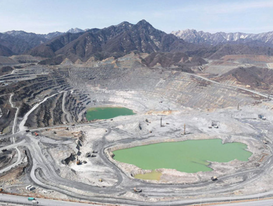
Under the guidance of the “Belt and Road Initiative”, international cooperation has become a major trend. In order to build a cross-industry cooperation platform and help the mining industry “go global”, at the second overseas mining investment high-level forum, experts and scholars had a comprehensive and multifaceted discussion and made some suggestions. Mining investment opportunities in Africa caught many investors’ attention.
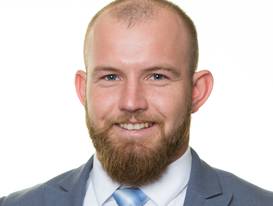
According to Preqin, private capital dry powder has reached $2trn and is climbing. This means that a large amount of capital is committed by limited partners who are then called on, once an investment opportunity is identified, to provide capital for the purchasing of equity (sometimes mixed with debt). The trouble is that capital commitments continue to grow and are not being called on in what appears to be a sellers’ market.
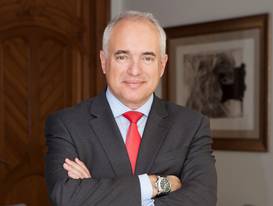
In a region where only a minority of the population has access to a bank account and SMEs struggle to get financial help from traditional banks, Albert Alsina, CEO and Founder of Mediterrania Capital Partners, explains how the PE industry is becoming a catalyst for the African Fintech ecosystem’s development, enabling large-scale banking and supporting entrepreneurs and SMEs in their expansion plans.

On my first visit to Nigeria as I made my way around the city between meetings, I visited the Nigerian National Museum in Lagos. There were many interesting displays but two things stood out for me. Firstly, was that for some reason the museum had an infestation of mosquitoes that warmly welcomed us and the Black Mercedes in the centre.
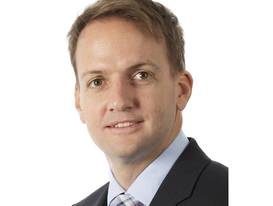
Mezzanine debt funds can be an attractive investment for investors looking to achieve regular cash distributions and potential high total returns, with low volatility and downside protections.

The fundraising environment in the Southern African region remained rather challenging in 2018, mainly due to the economic and political environment. This resulted in the decrease in the amount of capital raised by the industry.
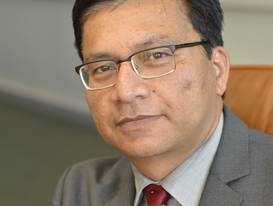
2018 saw a continuation of what has become a consistent theme of improvement in Africa’s capital markets, writes Hari Chaitanya, Head Investor Services Product Management, Transactional Products and Services, Standard Bank.

The exit environment for African private equity is much more robust and active than many realise. There is an active market both for selling and buying of assets and interests, according to Paul Boynton, CEO of Old Mutual Alternative Investments. “There are a growing number of exit routes across different sectors and countries, not just in the more mature South African market, he says.

In which markets and sectors do you see the best investment opportunities for equity investors in 2019?

Trade has driven much of Africa’s economic growth in recent decades. Yet a sizeable trade finance gap is restricting growth for SMEs. Chris Ash, Managing Director at ExWorks Capital, explains why only innovative finance can solve this impasse.

More than half the world’s fastest-growing economies since 2000 have been in Africa. Future growth projections suggest that by 2030 Africa will be home to 1.7 billion people, 43% of whom will belong to the upper or middle classes.

Sven RIchter, Fund Manager at Drakens Capital Fund Managers, looks at China’s One Belt One Road Initiative and what it means for Africa
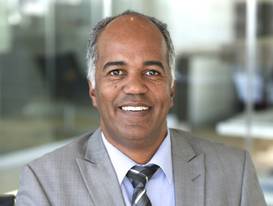
The need for energy and the case for investing in energy in the region has generally been well documented. The Southern Africa Community Development (SADC) secretariat’s Regional Infrastructure Development Plan estimates that only 5% of rural areas in the region have any access to electricity. The southern African region as a whole has low access to electricity of about 42 percent compared to around 36 percent for the East African Community and 44 percent for the Economic Community of West African States.